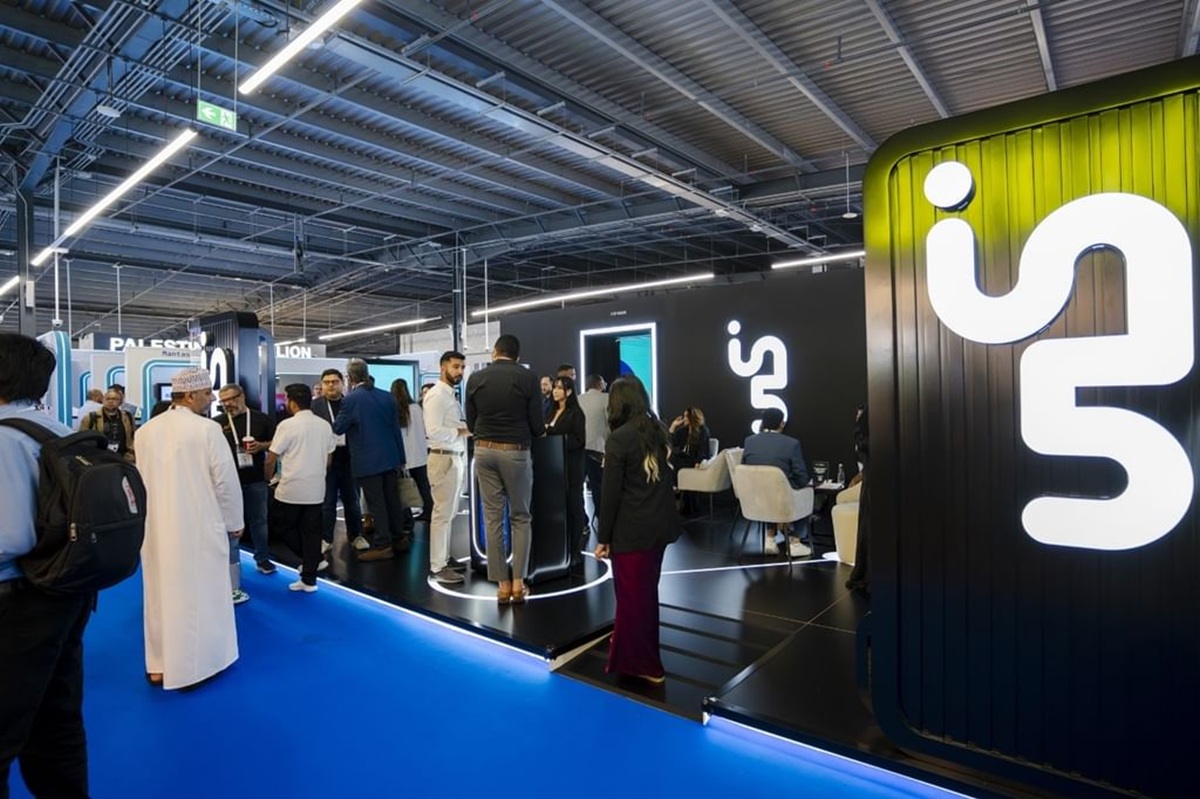China Information Service | China Information Service | Getty Photos
The Trump administration’s commerce truce with China that paused the steepest tariffs on Chinese language items is not providing a lot of a reprieve to many importers. Stacking of a number of tariff layers already carried out in the course of the commerce battle has pushed up prices to import retail items a lot increased than the 30% related to the tentative settlement.
“Whereas firms are relieved to see a brief pause from the extremely excessive tariffs on items from China, retailers are nonetheless dealing with very excessive tariffs that may have an effect on costs and provide,” stated Josh Teitelbaum, senior counsel of Akin.
“A number of layers of tariffs are an enormous downside for primary gadgets like children backpacks that come largely from China,” stated Dan Anthony, president at Commerce Partnership Worldwide. “You are speaking about charges of over 70%,” he stated.
That features the layering of present 17.6% tariffs and Part 301 tariffs (associated to unfair commerce practices) of 25%, with the 30% in tariffs on Chinese language items not included within the pause — 20% fentanyl-related tariffs and 10% reciprocal tariffs.
Walmart CFO John David Rainey stated in a CNBC interview after its earnings this week that costs of products together with meals, toys, and electronics could enhance as a consequence of tariffs. “We’re attempting to navigate this the very best that we are able to,” he stated within the CNBC interview. “However it is a little bit unprecedented by way of the velocity and magnitude during which the value will increase are coming,” he added.
Panjiva knowledge reveals from January 2025 to Could 12, Walmart’s prime three international locations the place shipments originate from are China (34.1%), adopted by India (26.3%), and Hong Kong (10.6%).
For a lot of importers, the true tariff tax on Chinese language items now ranges from 40% to 70%.
Teitelbaum supplied footwear for instance, with a kids’s or ladies’s sneaker that has a leather-based higher dealing with a 40% tariff if imported from China as we speak, factoring within the “most favored nation” commonplace tariff underneath WTO guidelines of 10%, plus the 30% in fentanyl and reciprocal tariffs.
That stacking of tariffs pushes the true value for a lot of different retail items a lot increased than 30%, together with:
- Cotton sweaters from China face a 46.5% tariff (16.5% most favored nation plus the fentanyl and reciprocal tariffs).
- Girls’s bathing fits from China face a tariff of 54.9% (24.9% most favored nation plus the fentanyl and reciprocal tariffs).
- Child’s clothes from China face a tariff of 41.5% (11.5% most favored nation plus the fentanyl and reciprocal tariffs).
Matt Priest, president & CEO of the Footwear Distributors & Retailers of America, informed CNBC {that a} 40% tariff on the most well-liked class of imported ladies’s and youngsters’s leather-based footwear is just unsustainable for American households and footwear firms.
“These are on a regular basis footwear — not luxurious gadgets — and making use of compounded tariffs on them solely drives up prices on the money register,” stated Priest. “With almost $650 million value of those footwear imported from China final 12 months, it is clear this coverage disproportionately impacts working-class shoppers. It is time for a critical, bipartisan dialog about tariff reform that places American households first.”
This stacking of tariffs has led some small companies to chop product strains as a strategy to mitigate the monetary pressure. Anjali Bhargava, founding father of spice firm Anjali’s Cup, says her firm can be discontinuing merchandise because the particular vacuum seal tins she makes use of promote out.
Even earlier than the 30% tariffs hit, she was paying 25% in tariffs. “These tins have been already dearer than I might afford, however even when I might take in the 30% tariff, as a small enterprise proprietor dealing with a lot by myself, I am unable to afford the added stress of uncertainty about how the story may change in the course of the months it might take to supply and ship the tins,” Bhargava stated. “The previous few months have been so destabilizing,” she added.
Bhargava stated it’s important to maximise the potential of the working capital she has accessible and reduce pointless dangers, given how costly debt has turn into. Bhargava’s line of credit score elevated in rate of interest to 23%, plus 2% to tug the cash.
“My bank card rates of interest are all within the excessive 20s so curiosity is a large subject and ordering tins 5 to 6 months earlier than I can promote them has been an enormous bottleneck,” Bhargava stated. “I used what I might to purchase the elements and packaging which can be important for these merchandise and now I’ve to give attention to constructing a stronger basis for the corporate with these.”
Rick Woldenberg, CEO of Studying Assets, a family-owned firm that makes instructional toys and is suing the Trump administration over the tariffs — a listening to scheduled for Could 27 — is simply dealing with the 30% tariffs, however he stated the leap from zero to 30% is steep. Even when the pause does put his firm ready of importing some gadgets once more, it comes at a excessive worth.
“A 30% obligation charge, after we used to pay zero, is an enormous change in prices and can power a big worth enhance to cowl it,” stated Woldenberg. “I consider this tax is very inflationary. We do not like the concept of taking part in driving up inflation, so we’re hardly rejoicing over the information.”

He stated a ebook of completed items and work in progress in China that was a part of manufacturing orders due within the 45-60 days after Trump’s April 2 international tariffs announcement will doubtless be imported from Chinese language manufacturing facility companions. “We now can and doubtless ought to relieve them of this stock and attempt to promote it right here. We’ll selectively restart manufacturing of notably delicate merchandise, for numerous causes, however resourcing continues and our migration away from China stays energetic,” Woldenberg stated.
The small enterprise house owners all say the tariffs have taken a toll on the enterprise and their belief within the course of.
“We nonetheless do not know what our prices are or can be, and assume that future selections by this administration can be final minute, with out advance discover and trigger us additional ache and disruption. Now we have no confidence trying ahead,” Woldenberg stated.
Rick Muskat, president of family-owned shoe retailer Deer Stags, which imports its items from China and sells in main retailers together with Macy’s, Kohl’s, JCPenney, and on Amazon, stated even with the decreasing of the Chinese language tariffs, the stacking of all present tariffs has elevated exponentially.
“Even on the ‘lowered’ degree this can trigger critical cashflow issues,” stated Muskat. “We have been paying $60,000 per 30 days. Now we’re paying $360,000 per 30 days. Now we have to chop bills to cowl this and discover financial savings in payroll. It’s going to additionally require us to lift costs for future deliveries,” he stated.
“The injury of the previous weeks can’t be undone and might solely be addressed with some type of long term assurances and stability that allow us to make the very best selections on easy methods to spend our cash as we speak, subsequent week and subsequent month, and set ourselves up for fulfillment sooner or later,” Bhargava stated. “I’ll survive and I am fairly optimistic that the enterprise will too, however the stress to determine it out has been tough and has taken a toll on me. I’ve wanted to actually decelerate and never panic, however I am discovering my approach, step-by-step.”

Related posts
Subscribe
* You will receive the latest news and updates!
Quick Cook!
Jeff Bezos Says Founders Want Actual-World Expertise
Must you skip working your approach up and launch a startup straight out of faculty, or wait till you’ve gained…
Dubai incubator in5 startups cross $2.45bn funding milestone at Broaden North Star 2025
Dubai entrepreneurship incubator, in5, has crossed AED9bn ($2.45bn) in complete funding raised since inception, reflecting 14 per cent progress over…



